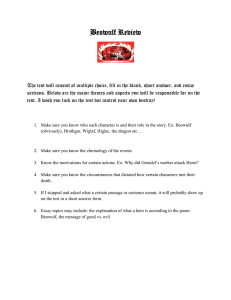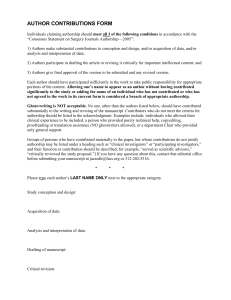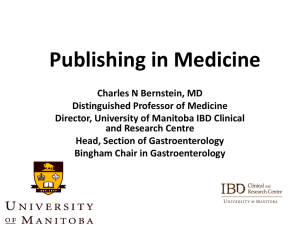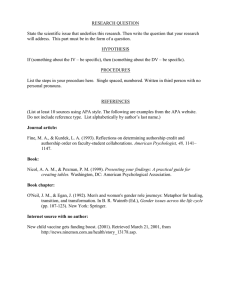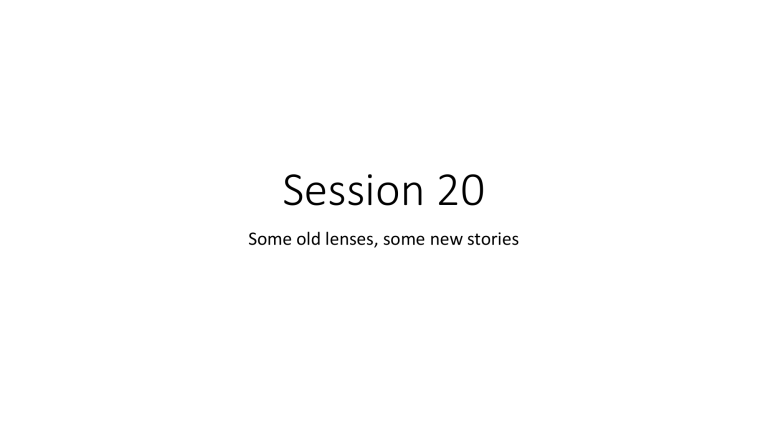
Session 20 Some old lenses, some new stories The limits of history • What do we really know? • Akkadia perhaps 1000000 people. That’s a lot. • Agrarian revolution changes everything • Stories bind us together in scary and magical ways The limits of structure 这不是 最不好 诗歌和 结构是 够好了 只持有 空心的 没道理 Just because something has the form of a story or poem, that form is not enough to tell exactly what it is. The cave paintings defy full interpretation. Temples built before there were cities and written language defy full interpretation. The dragon movie is entirely fiction, but it has the form of a documentary, and was produced by a company that made its name in science. Forms are like fossils. Only what is solid remains. The flesh is sometimes speculative. New critical limits • The text and us. It seems pure, but we always imprint. We are not objective. We impose patterns where there may be none. • What do we make of incomplete texts? • Of disagreements in translation? • Of falsehood A page from an encyclopedia of imaginary objects Voynich Manuscript This manuscript has detailed illustrations of an entire imaginary world. How are we to interpret? The limits of Feminism • To discuss Beowulf from a feminist perspective does give us a window on the culture, but does it help unpack the story? • We assume the dragon is male? • We assume because she is not mentioned, and he has no children, that Beowulf has no wife? • It is difficult to capture an entire image from absence. The limits of economy • Certainly, wealth, treasure, the quest to have them opens up something in the meaning of stories. • Do we consider that the whole idea of “wealth” or “plenty” changes over time? • Pre-agrarian societies had so few possessions, yet they had better diets and worked less than we do. • We have many sub-cultures that specifically eschew wealth. What impact do they have? The limits of Psychology • Do your childhood traumas drive you to be a better person, or a worse one? • How strong is the gravitation of genetics • How much of the brain do we understand, even in 2019? • We understand that “The apple doesn’t fall far from the tree.” Is it always an apple? • What happens with increasing mobility and community child-rearing? The limits of Biography • How many ancient texts have dubious or unknown authorship? • Authorship by committee? • The “death” of the author. • Community authorship • Having said that, how deep is an imprint? Can we see the fossils of the author’s life in his or her work? • What about underprivileged authors, women, the voiceless? This, by the way, is deconstruction • Every text is limited • Every text “fails” in some way because it cannot hold the whole world of the narrative. • Every text has limits of structure and language Managing Information • We can’t measure everything, even everything important • Our numbers are a snapshot. They represent limited times and places • We extrapolate, we predict, we guess • We use structure, we try to be objective • We take the view of auditors or regulators or stockholders – Can we take all at once?
